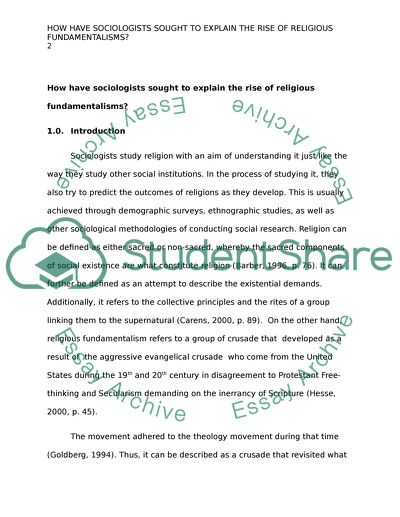Cite this document
(“How have sociologists sought to explain the rise of religious Essay”, n.d.)
Retrieved from https://studentshare.org/sociology/1490274-how-have-sociologists-sought-to-explain-the-rise
Retrieved from https://studentshare.org/sociology/1490274-how-have-sociologists-sought-to-explain-the-rise
(How Have Sociologists Sought to Explain the Rise of Religious Essay)
https://studentshare.org/sociology/1490274-how-have-sociologists-sought-to-explain-the-rise.
https://studentshare.org/sociology/1490274-how-have-sociologists-sought-to-explain-the-rise.
“How Have Sociologists Sought to Explain the Rise of Religious Essay”, n.d. https://studentshare.org/sociology/1490274-how-have-sociologists-sought-to-explain-the-rise.


